
WHO headquarters leadership team
Executive Director
Dr Chikwe Ihekweazu, Executive Director, WHO Health Emergencies Programme
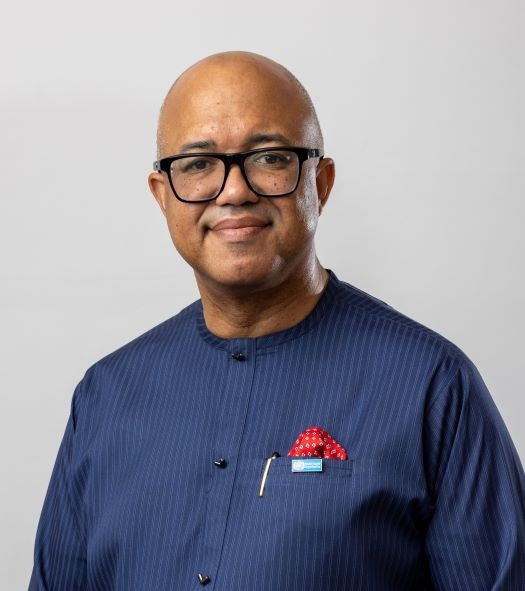
Dr Chikwe Ihekweazu is Executive Director of the WHO Health Emergencies Programme, where he leads the Organization’s global preparedness for and response to health emergencies, including disease outbreaks and humanitarian crises, across WHO’s three levels.
He previously served as Acting WHO Regional Director for Africa and Assistant Director-General for the Division of Health Emergency Intelligence and Surveillance Systems, including the WHO Hub for Pandemic and Epidemic Intelligence in Berlin.
A trained infectious disease epidemiologist, Dr Ihekweazu has held leadership roles in public health agencies across Africa and Europe. Most notably, he served as the founding Director General of the Nigeria Centre for Disease Control (NCDC) from 2016 to 2021, where he played a central role in strengthening Nigeria’s public health infrastructure. He also held leadership roles at the South African National Institute for Communicable Diseases, the UK Health Protection Agency, and Germany’s Robert Koch Institute.
Dr Ihekweazu holds a medical degree from the University of Nigeria and a Master of Public Health from Heinrich Heine University in Düsseldorf, Germany. He is a Fellow of the UK Faculty of Public Health and an alumnus of the European Programme for Intervention Epidemiology Training. He has authored over 200 peer-reviewed publications and received an Honorary Doctor of Science from the Liverpool School of Tropical Medicine.
Chief Scientist
Dr Sylvie Briand, Chief Scientist
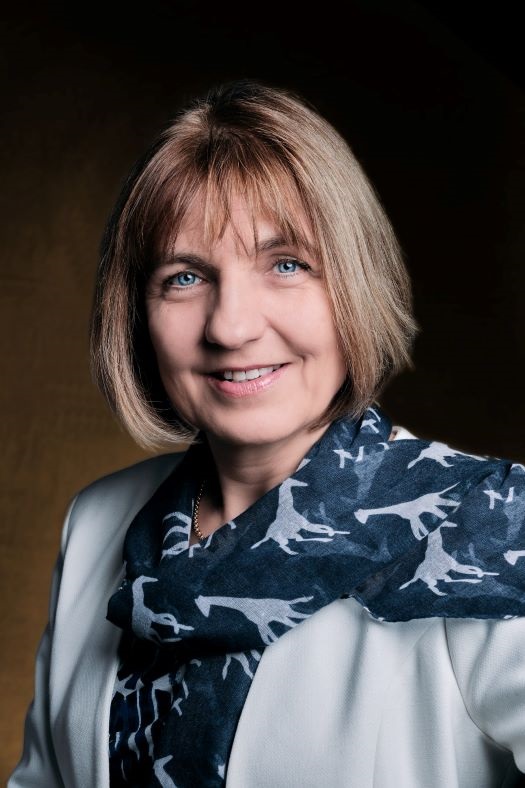
As Chief Scientist, Sylvie Briand oversees the work of the Science Division, bringing together experts and networks working in science and innovation from around the world to guide, develop and deliver high quality health policies and services to the people who need them most.
Prior to this role, Dr Briand held several leadership positions at WHO, contributing significantly to global health initiatives. She was the Director of the Global Preparedness Monitoring Board Secretariat, an independent advisory body co-convened by WHO and the World Bank. As the Director of the Epidemic and Pandemic Preparedness and Prevention department (EPP) she was at the forefront of managing epidemic and pandemic preparedness and response for more than 20 years. Her work covered COVID-19; MERS; avian, seasonal and pandemic influenza; Ebola; Zika; chikungunya; yellow fever; plague; Nipah virus disease; cholera; smallpox; and mpox. Dr Briand has always been committed to translating science into action and promoted the sharing of knowledge through the creation of the OpenWHO training platform, the EPI-WIN transfer of knowledge platform and the WHO booklet “Managing Epidemics in the 21st century”.
Before joining WHO in 2001, Dr Briand directed international health projects at country and regional level across various geographic regions, including Europe, Africa and South America.
Dr Briand received her training in Paris and Toulouse in France. She holds a medical doctor (MD) degree with a specialization in infectious diseases, a PhD in health systems’ analysis focusing on epidemiologic surveillance, a Master’s degree in sociology and anthropology and a Master of Public Health.
Chef de Cabinet
Dr Razia Pendse, Chef de Cabinet
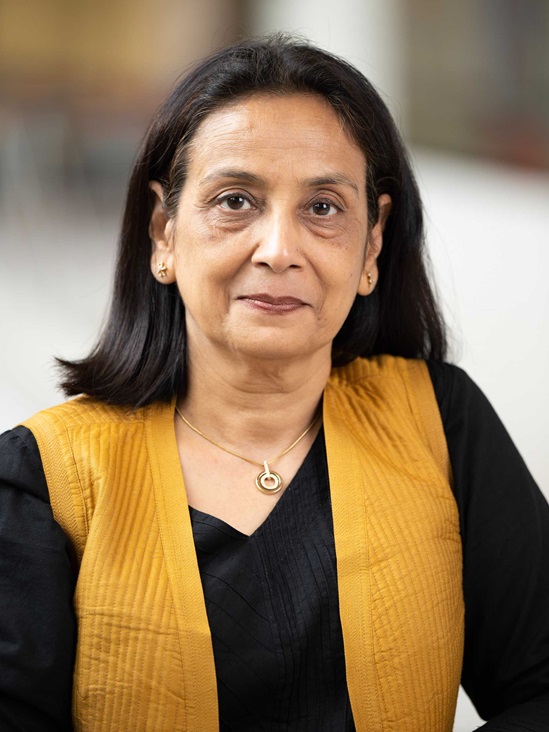
As Chef de Cabinet, Razia Pendse heads the Director-General’s Office, helping to drive the Organization’s priorities and initiatives, and ensuring alignment within the WHO leadership team and across its work in countries, in regions and globally. She leads the areas of governance, resource mobilization and partner relations, to further enhance the Organization’s impact for health, while upholding WHO’s accountability to its Member States and the public.
Prior to taking up this position, Dr Pendse was Director of Healthier Populations and Noncommunicable Diseases in the WHO Regional Office for South-East Asia. Before that she served as the WHO Representative in Sri Lanka, a position that she took up after more than a decade working in the areas of communicable disease and reproductive health at the WHO Regional Office for South-East Asia. In the course of her WHO career, Dr Pendse has also worked at WHO headquarters in the areas of family and community health.
Dr Pendse holds a Master of Public Health from the London School of Hygiene and Tropical Medicine in the United Kingdom and a medical degree from the Rajasthan University of Health Sciences in India.
Assistant Directors-General
Dr Jeremy Farrar, Assistant Director-General, Health Promotion and Disease Prevention and Control
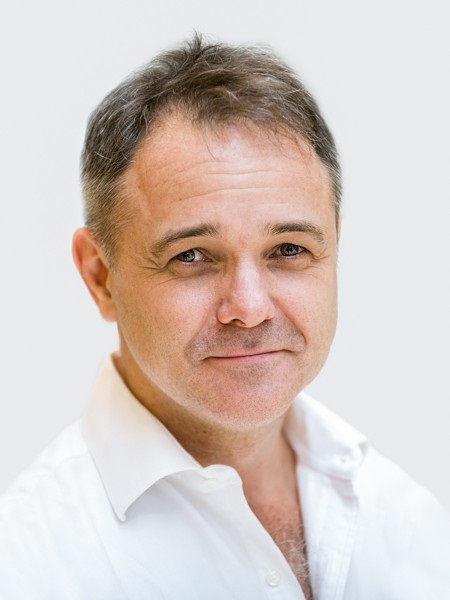
As Assistant Director-General of Health Promotion and Disease Prevention and Control, Jeremy Farrar leads WHO's work on communicable and noncommunicable diseases, health through the life course, health promotion and social determinants of health, nutrition and food safety, migration and health, and the impacts of the environment and climate change on health.
Between 2023 and 2025 Dr Farrar was the Chief Scientist at WHO.
Prior to joining WHO, Dr Farrar was Director of Wellcome for 10 years. He oversaw a series of major reforms and growth, with Wellcome now collaborating with partners around the world focused on fundamental discovery science and three challenge areas: Climate and health, Infectious diseases, and Mental health, all with a commitment to ensuring that equity, diversity and inclusion are central to the science they support.
Before joining Wellcome, Dr Farrar spent over 17 years as Director of the Clinical Research Unit Hospital for Tropical Diseases in Ho Chi Minh City, Viet Nam. His clinical and scientific interests have been in integrated health sciences across a range of public health priorities including emerging infections, influenza, infections of the brain, HIV, dengue, typhoid, malaria, tuberculosis, snakebite, and antimicrobial resistance.
Dr Farrar trained in neurology and infectious diseases in London, Edinburgh, Melbourne and Oxford. He has a PhD in immunology from the University of Oxford.
Dr Yukiko Nakatani, Assistant Director-General, Health Systems
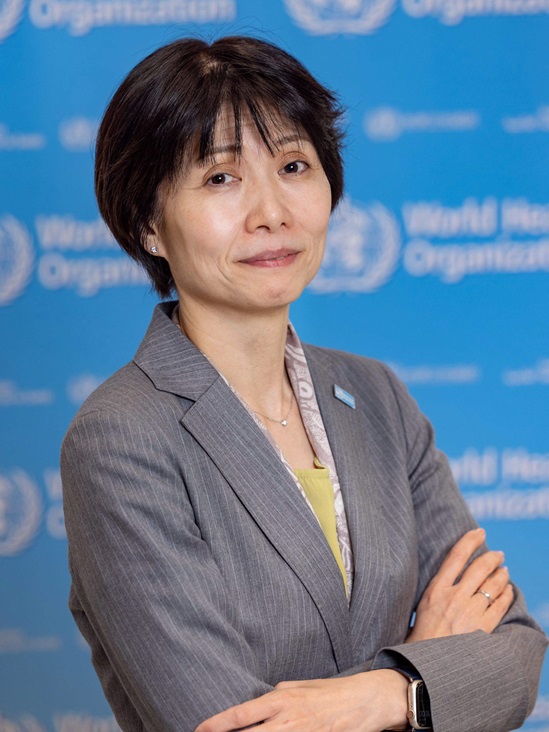
As Assistant Director-General for Health Systems, Yukiko Nakatani has a broad portfolio covering governance, financing and service delivery of health systems, the development and implementation of WHO’s policies and standards for medicines and other health products, antimicrobial resistance and the generation and use of health data to drive decision-making on health.
Prior to taking up this position, Dr Nakatani served as Assistant Director-General for Access to Medicines and Health Products at WHO, overseeing the development and implementation of WHO’s norms and policies to ensure equitable access to quality medicines, vaccines and diagnostics. In parallel, since early 2024, she led WHO’s work on antimicrobial resistance.
Before joining WHO, Dr Nakatani served as Director of the Cancer and Disease Control Division of the Japanese Ministry of Health, Labour and Welfare and as the Technical Advisor to the Minister of State for the COVID-19 Vaccination Task Force in Japan. Her first position at the Japanese Ministry of Health, Labour and Welfare dates back to 2001. In the following 20 years she held positions in a number of areas, including medical economics, research and development, health technology assessment and blood products. From 2015-2016, Dr Nakatani coordinated the implementation of Japan’s first National Action Plan on antimicrobial resistance. In addition, Dr Nakatani worked at the Department of Health and Human Services of the United States of America on the medical response to H1N1 influenza, in collaboration with the National Institutes of Health, the Food and Drug Administration and the Centers for Disease Control and Prevention. She also worked as a Medical Officer in the Medical Devices Team at WHO headquarters from 2012-2014.
Dr Nakatani holds a medical degree from Asahikawa Medical College, and a PhD in public health from the Graduate School of Medicine, both in Japan.
Mr Raul Thomas, Assistant Director-General, Business Operations and Compliance
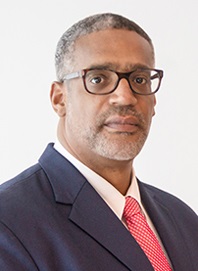
As Assistant Director-General for Business Operations and Compliance, Raul Thomas has overall responsibility for WHO budget and planning, finance, human resources, procurement, security, administration and compliance.
During his more than 25 years of employment with WHO, Mr Thomas has served in the regions of Africa, the Americas, the Eastern Mediterranean and the Western Pacific, as well as with the International Agency for Research on Cancer (IARC).
In addition to managing the areas mentioned above, his experience with WHO has included managing administrative and security responses to environmental disasters and emergencies, including in areas of civil unrest and conflict.
Prior to his employment with WHO, Mr Thomas worked for two years for the United Nations Development Programme in New York City.
Mr Thomas holds a Master’s degree in Organizational Management and a Bachelor’s degree in Business Administration.
